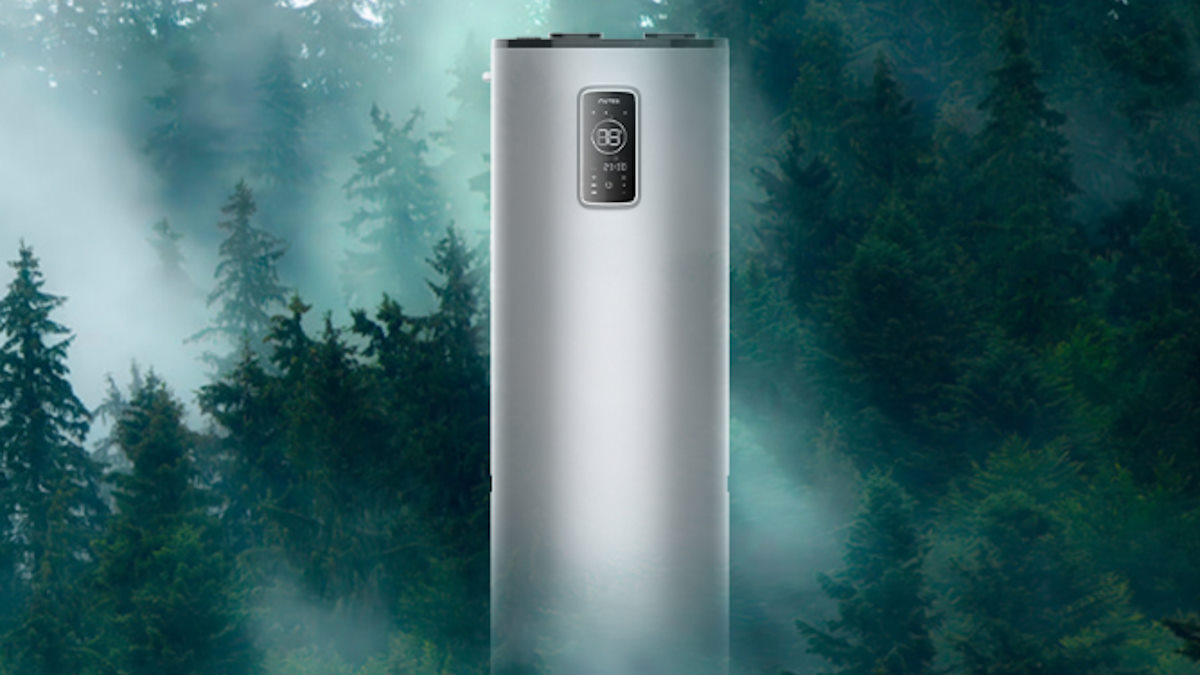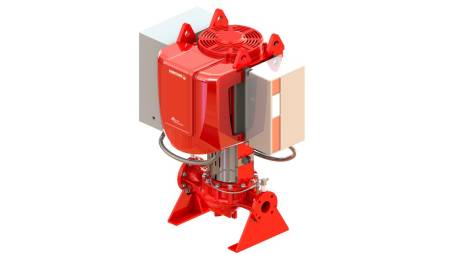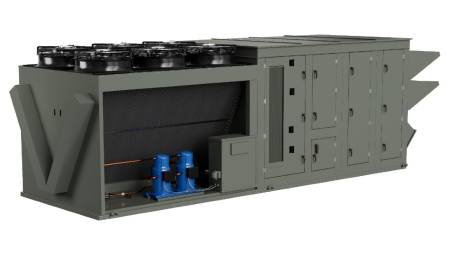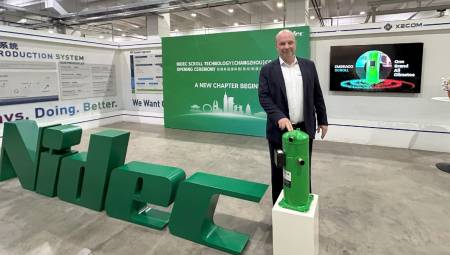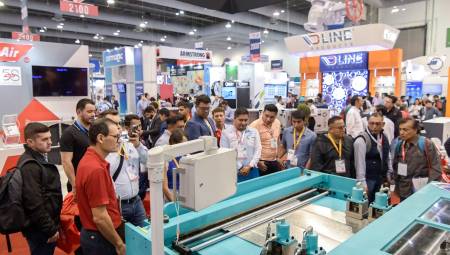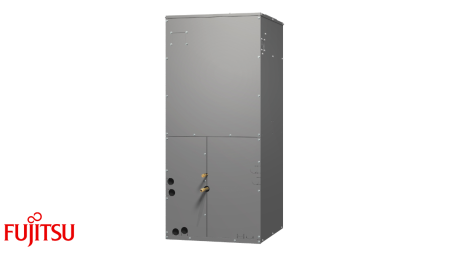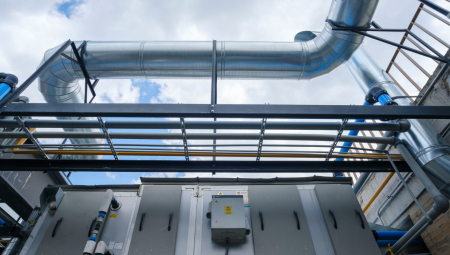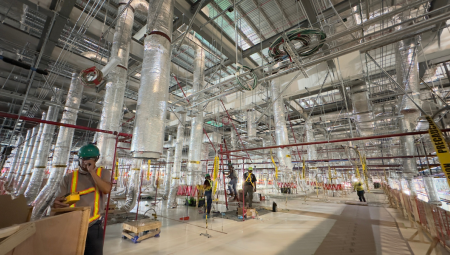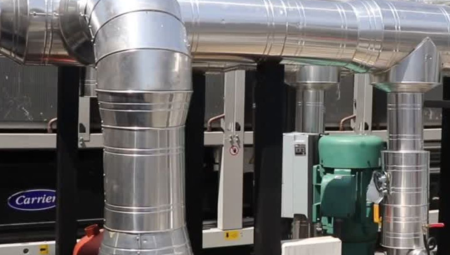International. These equipments, traditionally associated with space heating and cooling, have versatile systems that, according to manufacturers such as Outes, could revolutionize the way water is heated in millions of homes.
In fact, the company's experts emphasize that a heat pump can also be used to heat water, either as a stand-alone water heating system or as a combined water heating and space conditioning system.
Heat pumps work by transferring heat from one place to another, using a refrigerant and an evaporation and condensation cycle. The same principles that make heat pumps effective for space heating can be applied to provide hot water for domestic use.
Mechanism and operation
Heat pump water heaters (HPWH) are specifically designed to meet the demands of hot water supply for domestic purposes.
Unlike traditional water heaters that generate heat directly, HPWHs draw heat from the surrounding air or soil and transfer it to the water.
This method is considerably more energy efficient compared to conventional water heaters, resulting in potential savings on energy bills and reduced environmental impact.
Efficiency & Benefits
One of the main advantages of using heat pumps for domestic hot water is their high efficiency.
HPWHs typically have a higher coefficient of performance (COP) than one, which means they produce more energy in the form of hot water than the electrical energy they consume. This efficiency makes them an attractive option for those looking to reduce their carbon footprint and energy costs.
Deployment & Compatibility
The performance of HPWHs can be affected by factors such as ambient temperature, humidity, and the specific model of the heat pump. Therefore, it is crucial to assess the local climate and select a system that aligns with the prevailing conditions.
Installing a heat pump water heater requires considering the existing infrastructure. The compatibility of the heat pump system with a home's electrical and plumbing installation is crucial. In addition, proper insulation of water pipes is essential to minimize heat loss during distribution.
Financial Considerations
While heat pump water heaters may have a higher upfront cost compared to traditional water heaters, Outes notes that long-term savings on energy bills can offset this initial investment.
According to the company, many regions also offer incentives, rebates, or tax credits for the installation of energy-efficient systems, further improving the financial viability of adopting heat pump technology.
In conclusion
Outes believes that the use of heat pumps for domestic hot water is not only feasible but also holds great promise in terms of efficiency, cost savings and environmental benefits.
As technology advances and more homeowners look for eco-friendly alternatives, the manufacturer expects the adoption of heat pump water heaters to increase.


